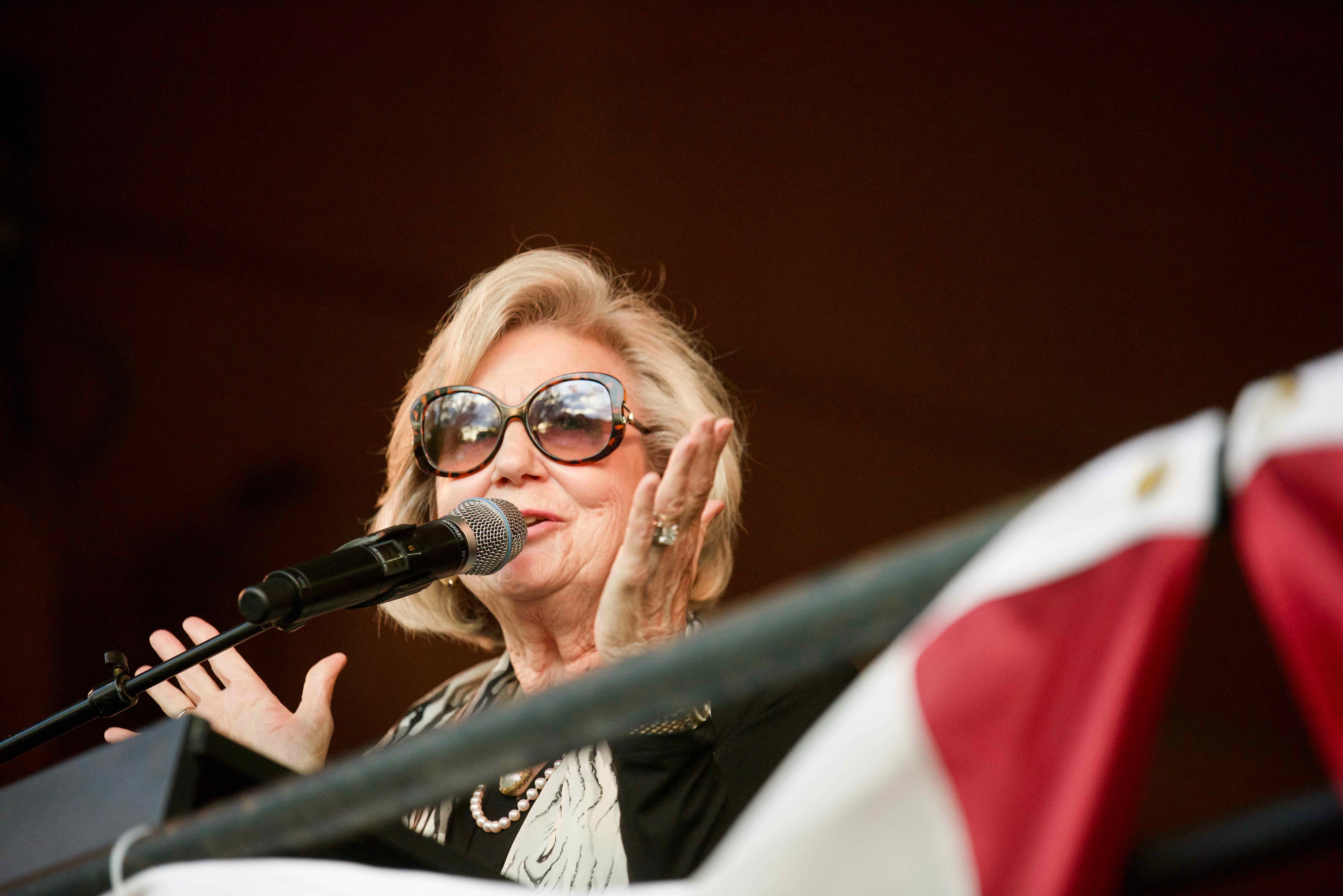Salisbury City Council’s special permit committee moves to discuss free-speech activities
Published 12:00 am Thursday, April 12, 2018
SALISBURY — For the past year and a half, the city’s special permit committee — headed by City Council members David Post and Brian Miller — has met to discuss how to update the nearly 40-year-old permit ordinance.
The ordinance had included language dealing with both special events and free-speech demonstrations. But at a previous committee meeting, the group decided to address the two topics into separate ordinances.
“Council never told us to look at free speech,” said Miller at the Feb. 13 meeting. “It was never part of the mission. Now it is.”
Now that the committee has updated the special events ordinance to the group’s satisfaction, the committee is turning its attention to the free-speech ordinance.
Miller began a Tuesday evening committee meeting at Park Avenue Community Center by saying the group would not write the entire ordinance that night.
“This is kind of like writing a term paper. We’re going to start with an outline and some concepts,” Miller said. “And when we come back together, we’ll have a little more meat on the bone each time.”
During the course of the nearly two-hour meeting, committee members went over that outline and began discussing things like how it would define certain terms in the ordinance and how large a demonstration would have to be before a permit is required.
Definitions
Miller and Post said they want ordinance terms — including the term defining what activity those who are exercising free speech are participating in — to be defined as broadly as possible.
“The more we try to define what a ‘First Amendment protected activity’ is … the greater the chance is that we’ve created a tripwire for someone to trip over and open up an opportunity for abuse or litigation or dissatisfaction among people who have an opinion to express,” Post said.
Committee member Nan Lund asked how people would know whether what they are doing is protected when the ordinance’s definition of a protected activity is so broad.
“You go and read 250 years of Supreme Court opinions,” Post said. “And I hate to sound trite, but that’s exactly what it is. It could change tomorrow. And then that becomes the new definition.”
Lund asked if that meant she would need to consult a lawyer before expressing her First Amendment rights.
“I’m not going to read 250 years of history,” Lund said.
Post said there is a “metamorphosis happening every single day in the country.”
“I don’t think there’s a place you can go and look and see what a First Amendment-protected right is,” Post said.
“We definitely need to define either the word ‘demonstration’ or a phrase that represents it, i.e. ‘First Amendment-protected activity,’” Miller said after several more minutes of discussion. “Now the question is how broadly.”
Miller said the definition would be refined as discussions about the ordinance continue.
Number of demonstrators
About 20 minutes into the meeting, committee member Kate Fisher asked Post and Miller why the ordinance listed 10 people as the number allowed at a scheduled demonstration before a permit is required.
“I’ve looked at a lot of city ordinances before and it seems like a lot of them reference 50,” Fisher said. “It seems reasonable to me that, if it’s going to be a gathering of less than 50 people, maybe that should be exempted.”
Maryja Mee said that as an organizer of Salisbury Pride who “is protested,” she wants the number to stay at 10.
“When we have our Pride event, I don’t need 50 people in there protesting at one time,” Mee said. “So from my perspective, 10 is all I can handle.”
“I would offer this,” Miller said. “It doesn’t mean that if it’s a 12-person event they can’t do it. It just means they need a permit.”
Miller also pointed out that if the protest is spontaneous and happens for fewer than 24 hours, any number of people may demonstrate without a permit.
Police Chief Jerry Stokes said he is the person who chose the number 10 because that’s what he thinks his officers can best handle without a permit giving them prior warning of the demonstration.
“If you make it 50 people, that’s a lot of people that don’t have to have a permit and don’t have to let them know,” Stokes said. “If I have a smaller number of people — 10 — that’s easier for me to deal with particularly in regulating safety of two groups who have counter views that they want to express.”
Miller said there would be “additional debate” on the topic at future meetings.
Miller and Post said the next committee meeting would likely not be held until after the May 8 referendum on whether to lease the city’s Fibrant broadband service to Hotwire Communications.
Contact reporter Jessica Coates at 704-797-4222.





